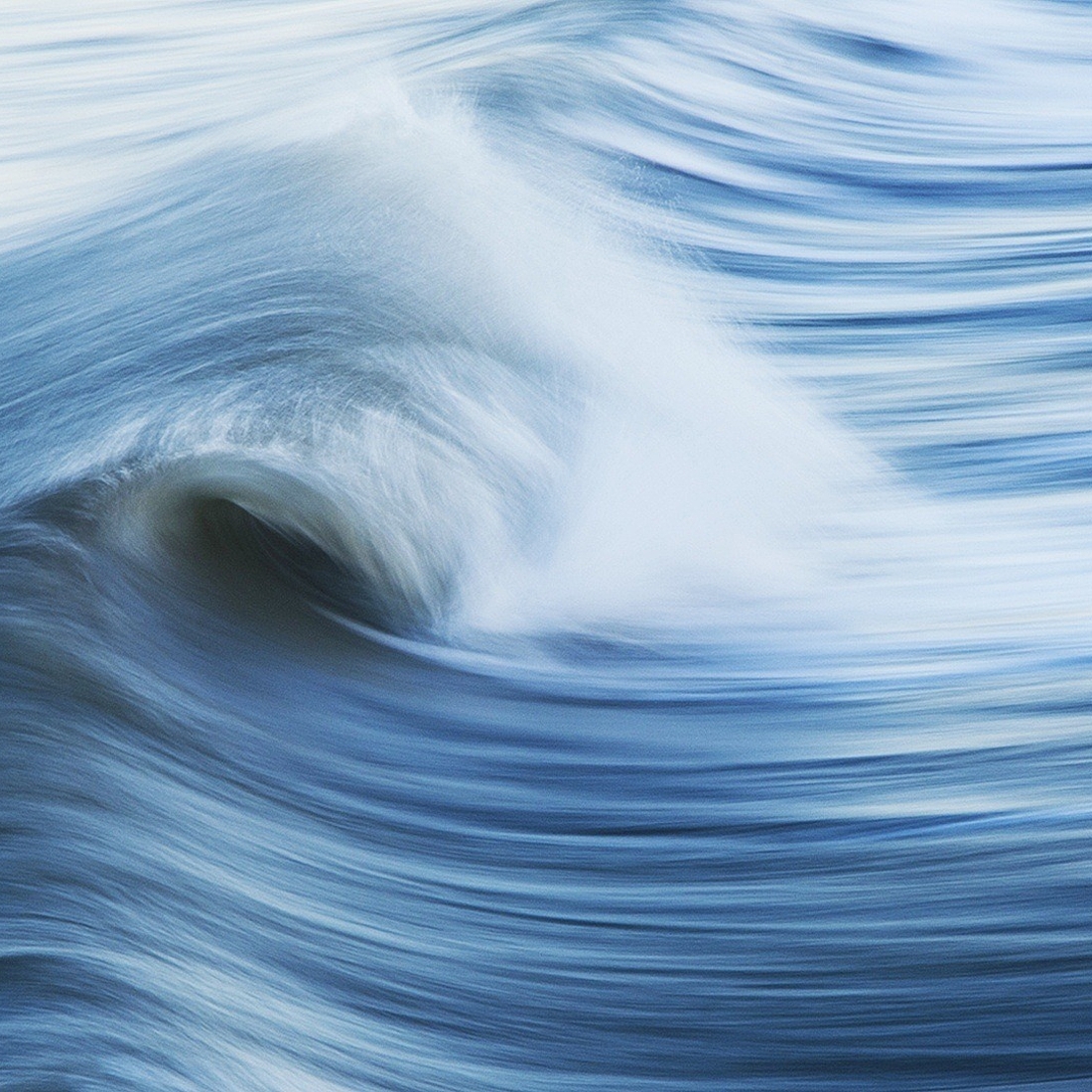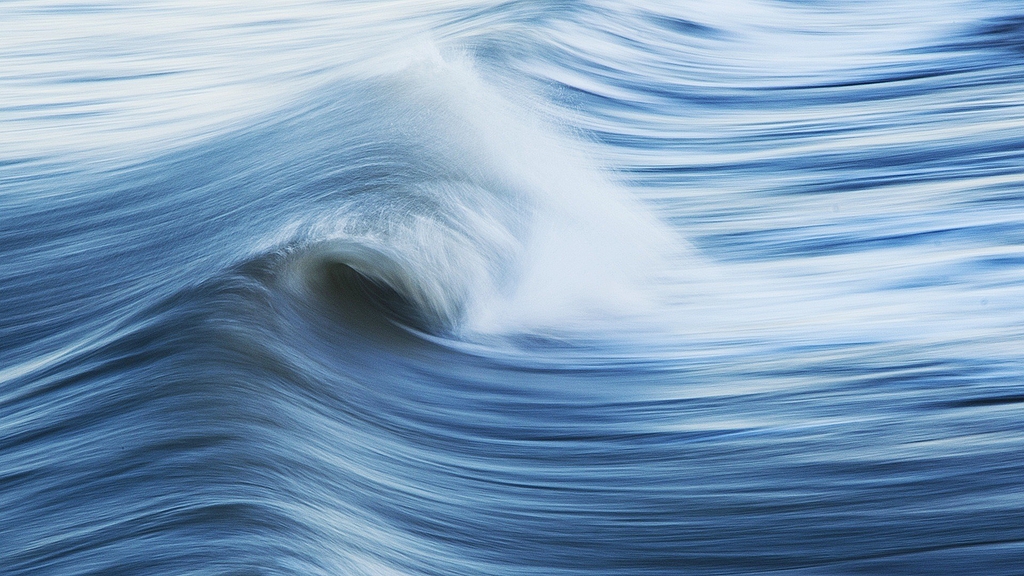

The Ocean as Simulacra: The Place of Aquariums in Staging Ocean Crises
Lecture / Tuesday, December 12,.2024 / 01:00-02:30 p.m. s.t. CET / via Zoom us06web.zoom.us/j/83665863280 / participation is free of charge
The oceans are essential to life on Earth. Yet, as the 2021 Intergovernmental Panel for Climate Change (IPCC) report notes, multiple, simultaneous crises are unfolding beneath the waves, threatening both marine ecosystems and the wider planetary systems reliant on ocean health. In other words, our existence depends on the seas and oceans. At a time when this is increasingly acknowledged (for example through the United Nations Decade of Ocean Science), we ask how aquariums – the ocean as simulacra – contribute to understandings of these crises through modes of curation and encounter. Drawing on multiple site visits to UK aquariums, interviews, and analysis of secondary materials, we consider how the staging of ocean worlds attends to pressing global challenges. Drawing from MacCannell’s notion of ‘staging’ we examine how aquariums present the ocean, unpacking their socio-political and environmental construction. We pay particular attention to the ‘recreation’ and ‘replication’ of ocean worlds and also consider how they make visible the ‘back stage’ of the aquarium – the making of an artificial ocean. We ask how this contributes to narrating a particular vision of the ocean – where oceans are somehow ‘unreal’, predation is eliminated, and pristine, clear waters and bright colours characterise visitor experience, bearing little resemblance to oceans beyond the glass. We do this to pose the question of the role and potential of aquarium spaces in fostering more sustainable and equitable ocean futures.
Speaker:
Kimberley Peters is a human geographer whose work explores the geographies of the seas and oceans with a particular focus on how power operates in the marine environment and how governance works (and fails). She is also interested in the ways in which the seas and oceans offer geographers, and other social and political scientists, an alternate way for thinking about time, space, territory and movement – shifting from static modes of knowing and understanding the world.
Rachael Squire is Senior Lecturer in Human Geography at Royal Holloway, University of London. Her research interests centre upon the critical geopolitics of undersea spaces with a specific focus on the US Navy's Cold War undersea living projects known as Sealab I, II, and III. Through these case studies, her work explores the function of concepts like territory and terrain beyond terra, the interplay between the human body and extreme environments, and the role of the non-human in characterising territorial volumes.
